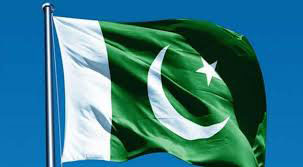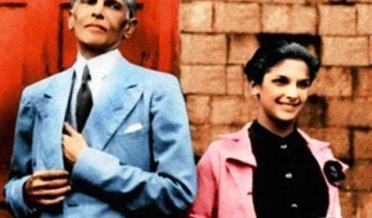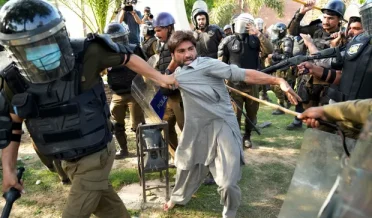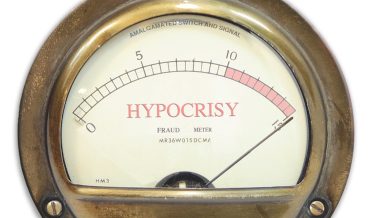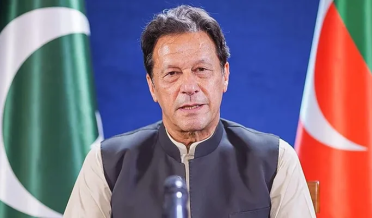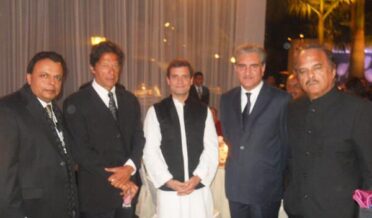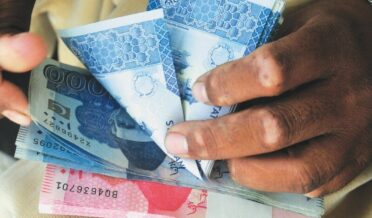
Democracy pronounced (jamhooriat) is one of the ideologies and systems upon which Pakistan was sought to be established in 1947 as a nation-state as envisaged by the leader and founding father of the nation, Muhammad Ali Jinnah. Pakistan constitutionally is a democratic parliamentary republic with its political system based on an elected form of governance. Today Pakistan is the one of the newest democracies since 2008, with the first democratic elections held in 2013 to complete a 5-year term for the first time in its political history. As of current status, Pakistan is also the 5th largest and is also the largest Majoritarian democracy and (non-liberal) in the world and perhaps considered as one of the world’s larger Islamic democracies in the Muslim world as opposed to a modern liberal democracy, such as modern Republic of Turkey, with its western orientated values.
It was one of the earliest and largest ancient human civilisations alongside Mesopotamia, the Nile Valley, Anatolia and ancient China, known for its highly developed, sophisticated and urbanised culture and much later also old Greece which had some form of democratic rule.
Historians and social scientists studying the civilisation’s social structure observe that the Indus Valley had an organized planning system, including standard architecture, civic controls, consists grid layouts and uniformed sanitary facilities. This well-disciplined lifestyle and a common rule of law extending throughout a large area leads some historians to believe and suggest the Indus Valley civilization in Pakistan as possibly the earliest cradle and model of democracy; one which was based on a “popular rule by the people” based on the conceptions of Welfare State and Rule of law (and hence the presence of some form of Democracy) which even predated old Greece.
This year in June marks the 804th anniversary of the Magna Carta, and today the four surviving copies of the 1215 document have been brought together for the first time in London. Magna Carta, which means ‘The Great Charter’, is one of the most important documents in history as it established the principle that everyone is subject to the law, even the king, and guarantees the rights of individuals, the right to justice and the right to a fair trial.
The magna Carta was first authorized in June 1215 at Runnymede, on the River Thames, near Windsor in UK. Painting depicting the signing of the documents often show King John with a quill in his hand, thought he most likely authorized the document using the Great Seal rather than a signature. In fact, the Royal Mint has been criticized for the design on its commemorative 800th anniversary 2 coin, which shows king John brandishing the document and a quill.
In 1215 King Jogn agreed to the terms of the Magna Carta following the uprising of a group of rebel barons in England. The barons captured London in May 1215, which forced King John’s hand and caused him to finally negotiate the group, and the Magna Carta was created as a peace treaty between the king and the rebels. The whole document is written in Latin, and the original Magna Carta had 63 clauses. Today, only three of these remain on the statute books; one defends the liberties and rights of the English Church, another confirms the liberties and customs of London and other towns, and the third gives all English subjects the right to justice and a fair trial. The third says: “No free man shall be seized or imprisoned, or stripped of his rights or possessions, or outlawed or exiled, or deprived of this standing in any other way, nor will be proceed with force against him, or send others to do so, except by the lawful judgment of his equals or by the law of the land.
“To no one will we sell, to no one deny or delay right or justice.” No. Although King John agreed to the Magna Carta at first, he disliked it when its terms were forced upon him. He wrote to the Pope to get it annulled, who agreed with John despite the strain between the King and the Church at the time. The Pope called the Magna Carta “Illegal, unjust, harmful to royal rights and shameful to eht English people”. He then declared the charter “null and void of all validity for every”. Full-scale civil war then broke out between John and his barons. It only ended after John’s death from illness in 1216. A second version of the Magna Carta was issued by Henry III in 1225 which was granted explicitly in return for a tax payment from the whole kingdom.
The Magna Carta is considered one of the first steps taken in England towards establishing parliamentary democracy. In the century after Henry III’s version of the Magna Carta, parliament interpreted the document’s message as a right to a fair trial for all subjects. During the Stuart period and particularly in the English Civil War, the Magna Carta was used to restrain the power of monarchs at a time when monarchs on the continent were supremely powerful.
There are strong influences from the Magna Carta in the American Bill of Rights, written in 1791. Even more recently, the basic principles of the Magna Carta are seen very clearly in the Universal Declaration of Human rights, penned in 1948 just after the Second World War and creation of the Pakistan. Apparently, Pakistanis ‘enjoying’ their own type of democracy in which the peoples of the country cannot having benefit of the charter of democracy, infect in this 21st century “our Popes” are still imposing loudly on the Pakistani peoples that democracy is “illegal, unjust, and harmful for you. But the “democratic school of thought” in the world is fully agreed that there is just one kind of democracy which is lies in text of the Magna Carta. So, the question is still there that “Is Pakistan need a same Magna Carta?”

